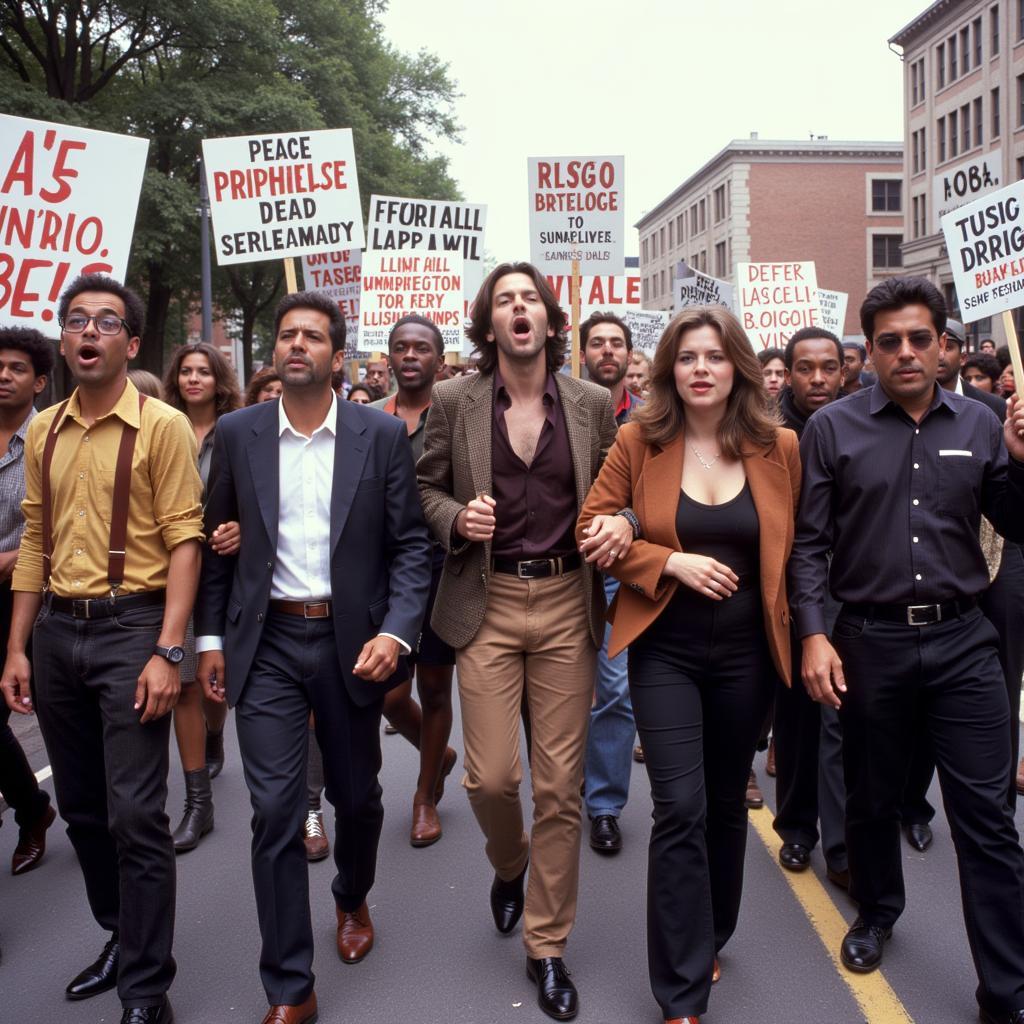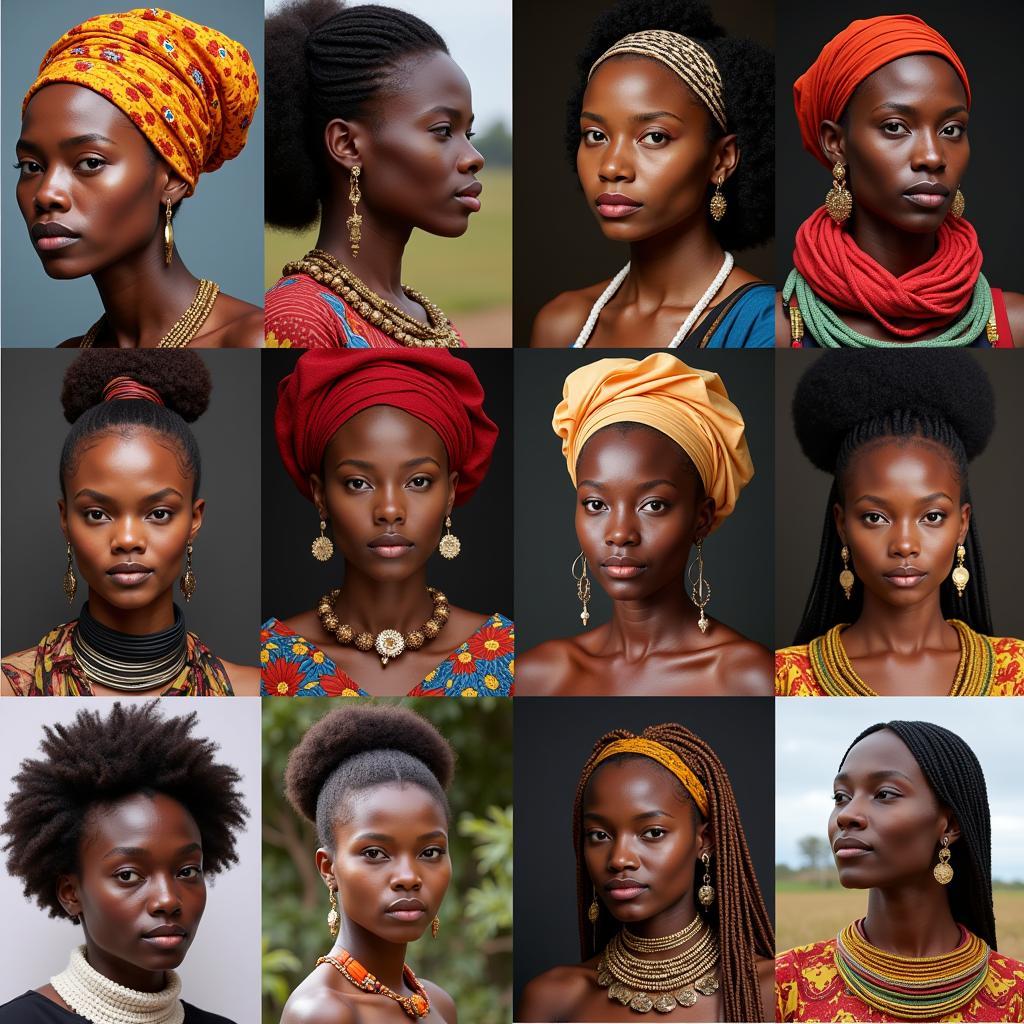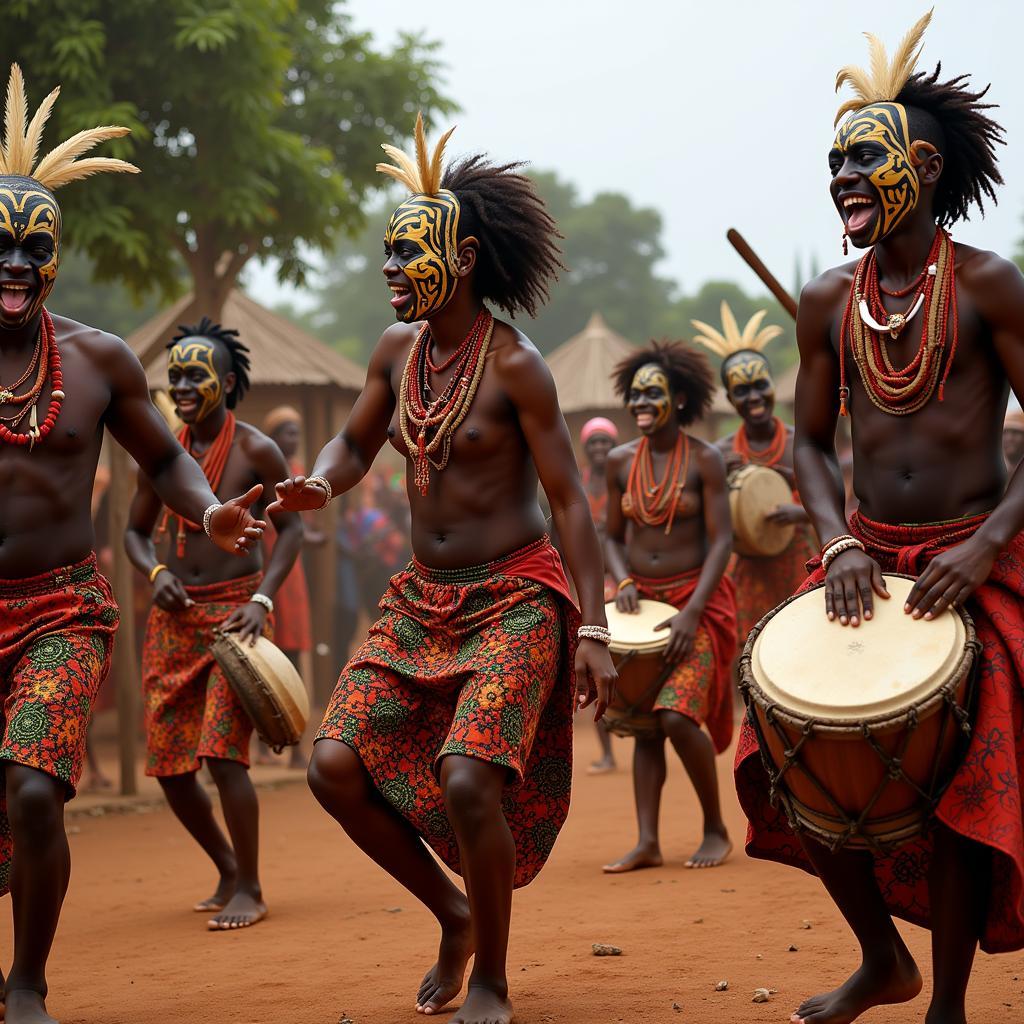African American Musicians That Changed History
From the soulful rhythms of blues to the poignant lyrics of hip hop, African American musicians have indelibly shaped the landscape of American music and, in turn, global culture. Their influence transcends entertainment, serving as a powerful voice for social change, racial equality, and cultural expression. This article delves into the profound impact of African American musicians who not only revolutionized musical genres but also left an enduring legacy on history itself.
 African American Musicians during the Jazz Era
African American Musicians during the Jazz Era
The Genesis: Blues and the Birth of a Movement
The roots of African American music run deep, intertwined with the history of slavery and the struggle for freedom. Blues, born in the cotton fields of the Mississippi Delta, emerged as a raw and powerful expression of the hardship and resilience of Black Americans. Pioneers like Robert Johnson, whose haunting slide guitar and evocative lyrics continue to captivate, laid the foundation for a genre that would become a cornerstone of American music.
Jazz: Improvisation and the Sound of Freedom
As African Americans migrated north during the Great Migration, blues evolved, intertwining with other musical traditions to give birth to jazz. This new genre, characterized by improvisation, syncopation, and a conversational interplay between instruments, became synonymous with the vibrancy and cultural ferment of the Harlem Renaissance. Legends like Louis Armstrong, with his innovative trumpet playing and infectious charisma, and Billie Holiday, whose poignant vocals conveyed the pain and hope of a generation, transcended musical boundaries, becoming icons of both artistic brilliance and social change.
 African American Musicians during the Civil Rights Movement
African American Musicians during the Civil Rights Movement
Soul Stirrings: Gospel and the Voice of Hope
The church, a pillar of strength and solace within the African American community, gave rise to gospel music. Characterized by powerful vocals, passionate delivery, and uplifting messages of faith and perseverance, gospel became a source of inspiration and empowerment. Artists like Mahalia Jackson, known as the “Queen of Gospel,” and Sister Rosetta Tharpe, a pioneering guitarist and vocalist who blended gospel with blues and rock and roll, used their voices to uplift spirits and advocate for social justice.
Soul Music: Bridging the Divide
Emerging from the fusion of gospel, blues, and rhythm and blues, soul music ignited the airwaves in the 1950s and 60s. With its heartfelt lyrics, soaring vocals, and infectious grooves, soul became the soundtrack of a generation yearning for change and equality. Artists like Aretha Franklin, whose unparalleled vocal prowess and empowering anthems made her the undisputed “Queen of Soul,” and Sam Cooke, whose smooth vocals and socially conscious lyrics transcended racial barriers, used their platform to amplify the calls for civil rights and social justice.
 African American Musicians during the Hip Hop Era
African American Musicians during the Hip Hop Era
The Rise of Hip Hop: From the Streets to Global Domination
Born in the Bronx, New York, in the 1970s, hip hop emerged as a raw and unapologetic voice for marginalized communities. More than just a musical genre, hip hop encompasses DJing, rapping, breakdancing, and graffiti art, forming a dynamic cultural movement that gave voice to the struggles and aspirations of Black and Brown youth. Pioneers like Grandmaster Flash and the Furious Five, with their socially conscious lyrics and innovative use of turntablism, and Public Enemy, known for their politically charged lyrics and powerful stage presence, challenged the status quo and ignited a cultural revolution.
A Legacy of Innovation and Influence
From the soulful strains of blues to the infectious beats of hip hop, African American musicians have consistently pushed the boundaries of creativity, innovating new sounds, and using their platform to amplify voices often silenced. Their music transcends borders, generations, and cultural differences, serving as a testament to the power of human resilience, creativity, and the enduring pursuit of equality and justice.
FAQs about African American Musicians
1. What is the significance of African American music in American culture?
African American music has played a pivotal role in shaping American culture. From blues and jazz to soul and hip hop, these genres have not only enriched the musical landscape but have also served as a powerful voice for social change, cultural expression, and the fight for racial equality.
2. How has the influence of African American music spread globally?
The influence of African American music has transcended geographical boundaries, captivating audiences worldwide. Through cultural exchange, the dissemination of recordings, and the global reach of media, these genres have inspired countless artists and continue to resonate with people from all walks of life.
Explore Further
For a deeper dive into the rich tapestry of African American musical history, explore these related articles:
Need Help? Contact Us!
For any inquiries or assistance, don’t hesitate to contact our 24/7 customer support team.
Phone: +255768904061
Email: kaka.mag@gmail.com
Address: Mbarali DC Mawindi, Kangaga, Tanzania.



